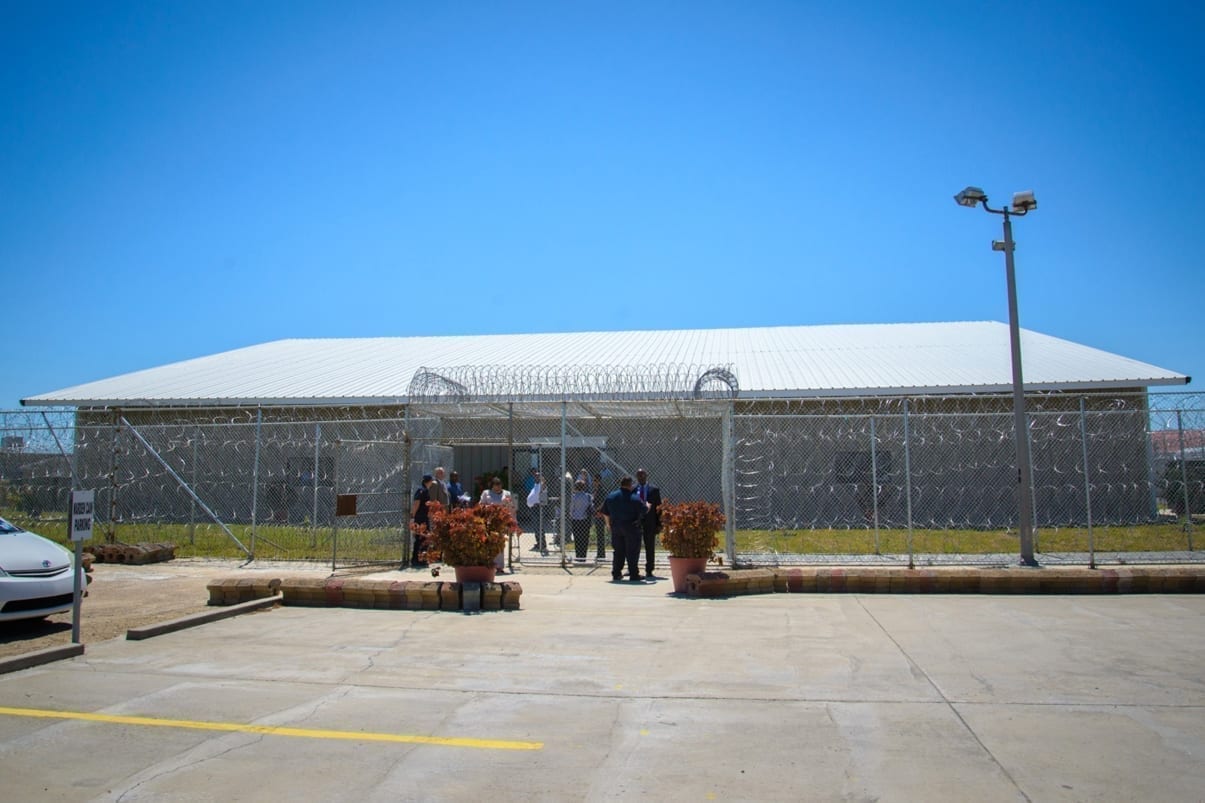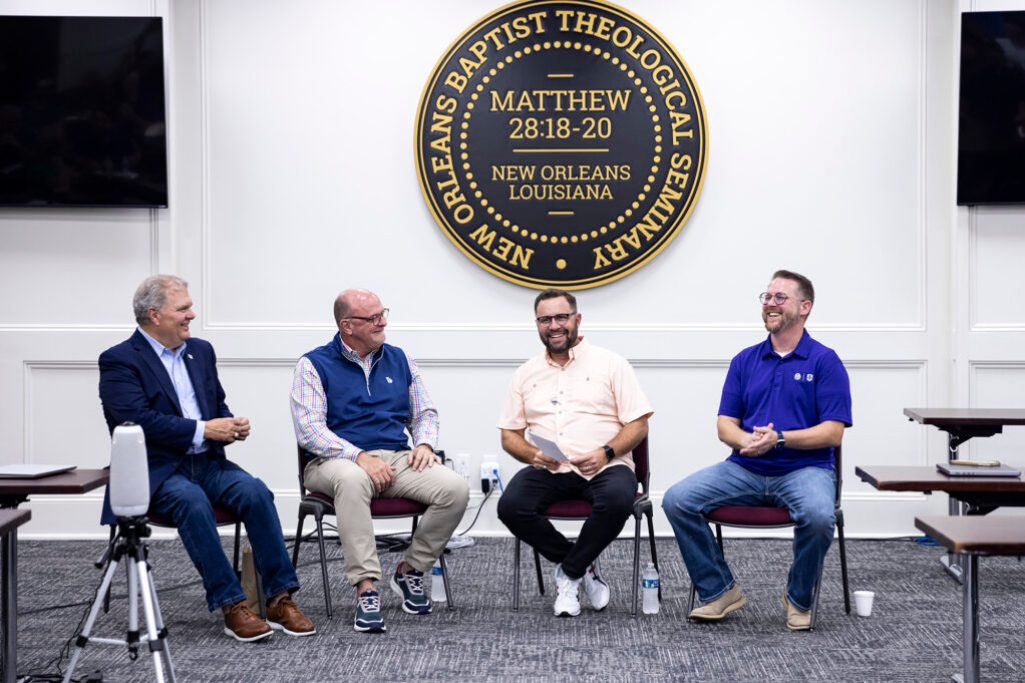
The faith and discipline of incarcerated believers likely helped them persevere through the COVID-19 pandemic to become New Orleans Baptist Theological Seminary’s (NOBTS) latest prison extension center graduates, a chaplain told Baptist Press.
“I was really impressed at the way that they handled everything,” the North American Mission Board chaplain said. “I have no doubt that it truly was their faith that kept them. … Obviously, the ladies were fearful.”
Prisons were among hotspots for the COVID-19 pandemic, with the close quarters making it difficult to control the virus. At least 2,680 people have died and more than 397,000 have contracted the virus among the U.S. prison population, according to The Marshall Project tracking site.
Nearly 30 women graduated in May from the Louisiana Correctional Institute for Women (LCIW) in St. Gabriel, La., and the Whitworth Women’s Facility in Hartwell, Ga., said Jody Dean, NOBTS senior regional associate dean for extension centers.
NOBTS resumed all onsite classes in January at its seminary prison extension centers, and opened a new program for women at Central Mississippi Correctional Facility in Rankin County, Miss. The seminary now offers degrees at six prison locations with a combined enrollment of 227, Dean said.
The LCIW graduates constituted the second graduating class from the facility, with 18 women earning a bachelor of arts in Christian education, and the 10 women at Whitworth comprising the first graduating class there, earning the associate of arts in Christian ministry.
Seminary classes continued through web conferencing at the two facilities as the COVID-19 pandemic ended onsite instruction, and a limited number of classes were held at the Louisiana State Penitentiary at Angola. Programs were delayed a semester at the Hardee Correctional Institution for men in Bowling Green, Fla.; and the Mississippi State Penitentiary at Parchman, with graduation ceremonies expected in this winter and spring of 2022.
“We knew we’d be able to get to teaching again. The pandemic had to calm in such a way that it was safe to do so,” Dean said. “We were in constant contact with our directors as well as people in the prisons to see what we could do and when we would safely be able to offer classes in person, or able to find a way to keep the programs moving so students could continue to pursue what the Lord had led them to do, as the Lord had changed their lives while being incarcerated.”
The new program at the Central Mississippi Correctional Facility opened with 28 students enrolled in the associate of arts in Christian ministry program.
“There have been people praying that we would be able to do a women’s prison in Mississippi like we were doing for the men,” Dean said, “and just several things were able to work together to make that a reality this year.”
The pandemic interrupted spiritual opportunities for NOBTS prison extension center graduates who serve during their incarceration as peer ministers. Outside visitors were not allowed, interrupting much of the communication prison inmates have with friends and family.
“They were not able to minister like they had previously with contact with fellow inmates at the same level that they had previously for several weeks,” Dean said. “But now, things are getting back to what they were able to do before, being peer mentors or able to minister throughout the prison, whether that be the churches that have been planted that they’re a part of, or the Bible studies, or other interactions they have with fellow inmates to help share the gospel and make disciples.”
Dean said he is not aware of any NOBTS extension center students dying from COVID-19 or dropping out of the program during the pandemic.
NOBTS was the first Southern Baptist seminary to offer ministerial degrees to incarcerated believers, beginning nearly 20 years ago with its flagship program at Louisiana State Penitentiary at Angola. Graduates become ministers among their fellow inmates. Scarborough College at Southwestern Baptist Theological Seminary and Southeastern Baptist Theological Seminary have since launched similar programs.
“We just consider it as part of our mission as we prepare servants to walk with Christ, proclaim His truth and fulfill His mission,” Dean said. “As you unpack our mission statement, the prison programs fit clearly in line with our mission of those that are called to walk with Christ to help them be prepared to proclaim His truth and fulfill His mission. And we see them doing that by being to teach the Word, share the truth and share Christ with those around them.”
(EDITOR’S NOTE – Diana Chandler is Baptist Press’ senior writer.)


